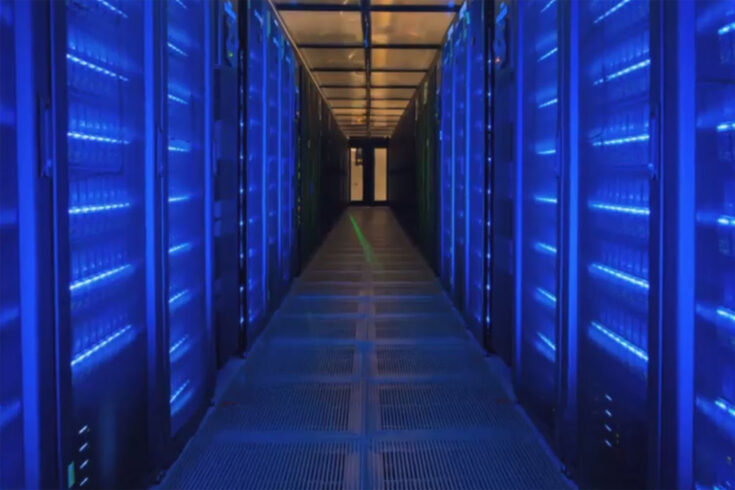Scientists will recommend a plan to help the UK’s research and innovation sector reach net zero.
The proposal will ensure all the digital tools used throughout the sector from supercomputers to phones will be carbon neutral by 2040.
A team of data experts will be analysing the entire of UK Research and Innovation’s (UKRI) digital estate to set out a path to reach zero carbon emissions within the next two decades.
The £1.9 million scoping project will support UKRI’s journey towards environmental sustainability and provide a clear roadmap to deliver carbon neutral digital research infrastructure by 2040 or earlier. The project is funded by the Natural Environment Research Council.
Net zero computing
Across the nine organisations that make up UKRI, there is an extensive range of computers and mobile technology, known as digital research infrastructure.
To support UKRI’s goal of reaching net zero by 2040, data science experts at Centre for Environmental Data Analysis (CEDA) are using scientific research techniques. This will map out the entire organisation’s digital infrastructure.
Using these techniques, UKRI will then be able to determine the best action to reduce the carbon emissions from data generation, analysis, storage and dissemination.
The project will cover all the UKRI-owned and majority-funded infrastructure, everything from the national supercomputing centres to the thousands of smartphones used by staff.
Paving the way to net zero
CEDA will lead an initial, 18-month UKRI-wide study to survey the digital carbon landscape, run a set of demonstrators and develop a roadmap. This will ensure that our data infrastructure can achieve net zero.
Taking a systems-based approach, CEDA will work to develop adaptation strategies for the way data is conserved, analysed and managed.
The project team will work collaboratively across the whole of UKRI’s digital research infrastructures to ensure the whole organisation is represented.
Setting a benchmark
Dr Martin Juckes, Head of Atmospheric Science and Research and Deputy Head of CEDA, is the project lead. He said:
We will set a benchmark for a realistic, rigorously evidenced, ambitiously scheduled, roadmap for the full decarbonisation of all elements of significant national infrastructure.
The project will look at both the energy consumed by the computers in use and the impact of the supply chain.
Beyond the Paris targets
Brad Tipp of Microsoft, who joins the project on the Scientific Advisory Board, said:
Microsoft are delighted to be part of this new UK initiative to eliminate the carbon footprint of computational research, part of a growing global movement to meet and go beyond the Paris targets.
Further information
CEDA is a joint activity between the Science and Technology Facilities Council (STFC) and the Natural Environment Research Council (NERC).
CEDA is part of two NERC research centres:
- the UK National Centre for Atmospheric Science
- the National Centre for Earth Observation.
CEDA is a division of RAL Space, a department of STFC, located at the Rutherford Appleton Laboratory (RAL) in Oxfordshire.
Find out more on the project website.

